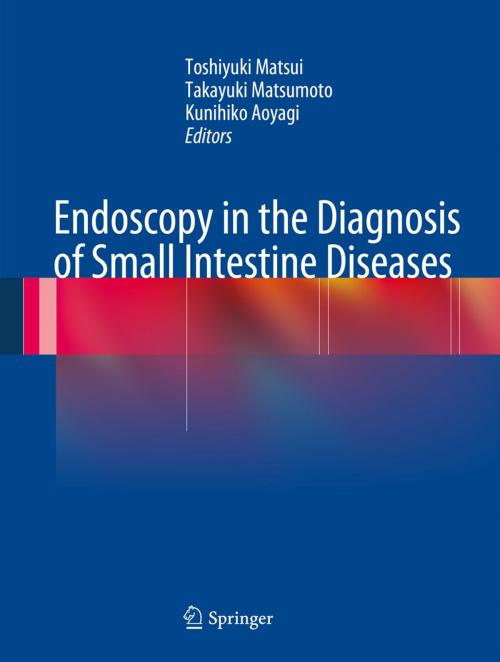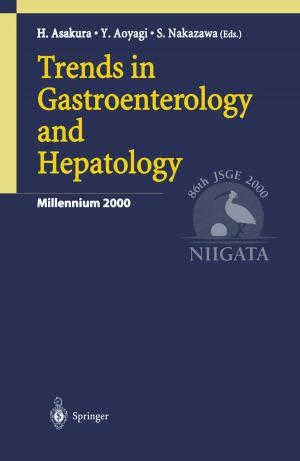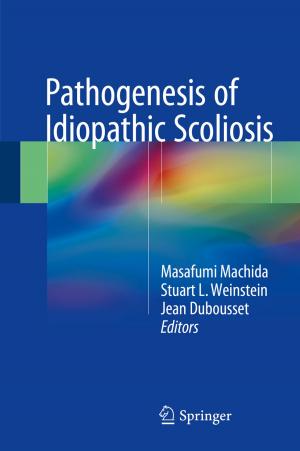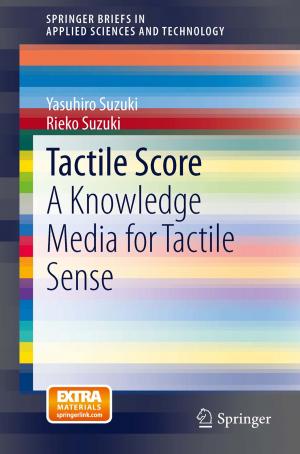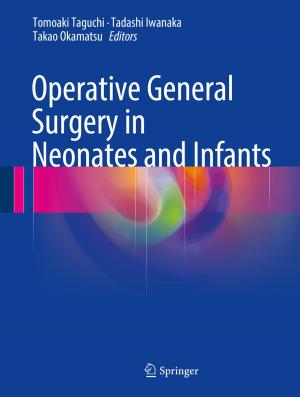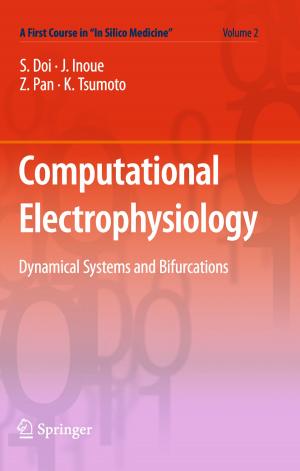Endoscopy in the Diagnosis of Small Intestine Diseases
Nonfiction, Health & Well Being, Medical, Specialties, Internal Medicine, Gastroenterology, General| Author: | ISBN: | 9784431543527 | |
| Publisher: | Springer Japan | Publication: | January 31, 2014 |
| Imprint: | Springer | Language: | English |
| Author: | |
| ISBN: | 9784431543527 |
| Publisher: | Springer Japan |
| Publication: | January 31, 2014 |
| Imprint: | Springer |
| Language: | English |
The purpose of this book is to improve diagnostic yields of capsule endoscopy and double-balloon endoscopy, because those procedures can depict nonspecific findings that may not lead to a proper diagnosis. Another reason for the publication was recognition of the difficulty in distinguishing enteroscopic findings of ulcerative colitis from those of Crohn’s disease.
From a practical point of view, it is important to observe endoscopic pictures first, then to compare the images of other modalities, and finally to compare macroscopic pictures of resected specimens. For that reason, a large number of well-depicted examples of small intestinal lesions were assembled to clarify differences among small intestinal lesions that appear to exhibit similar findings and morphologies.
Comparisons with radiographic findings comprise another important element in diagnosis. There are limitations in endoscopic observations of gross lesions of the small intestine, with its many convolutions. In Japan, many institutions still practice double-contrast imaging, which provides beautiful results. Because a single disorder may exhibit variations, this volume includes multiple depictions of the same disorders. Also included are lesions in active and inactive phases, as both appearances are highly likely to be encountered simultaneously in clinical practice. The number of illustrated findings therefore has been limited to strictly selected cases.
The purpose of this book is to improve diagnostic yields of capsule endoscopy and double-balloon endoscopy, because those procedures can depict nonspecific findings that may not lead to a proper diagnosis. Another reason for the publication was recognition of the difficulty in distinguishing enteroscopic findings of ulcerative colitis from those of Crohn’s disease.
From a practical point of view, it is important to observe endoscopic pictures first, then to compare the images of other modalities, and finally to compare macroscopic pictures of resected specimens. For that reason, a large number of well-depicted examples of small intestinal lesions were assembled to clarify differences among small intestinal lesions that appear to exhibit similar findings and morphologies.
Comparisons with radiographic findings comprise another important element in diagnosis. There are limitations in endoscopic observations of gross lesions of the small intestine, with its many convolutions. In Japan, many institutions still practice double-contrast imaging, which provides beautiful results. Because a single disorder may exhibit variations, this volume includes multiple depictions of the same disorders. Also included are lesions in active and inactive phases, as both appearances are highly likely to be encountered simultaneously in clinical practice. The number of illustrated findings therefore has been limited to strictly selected cases.
